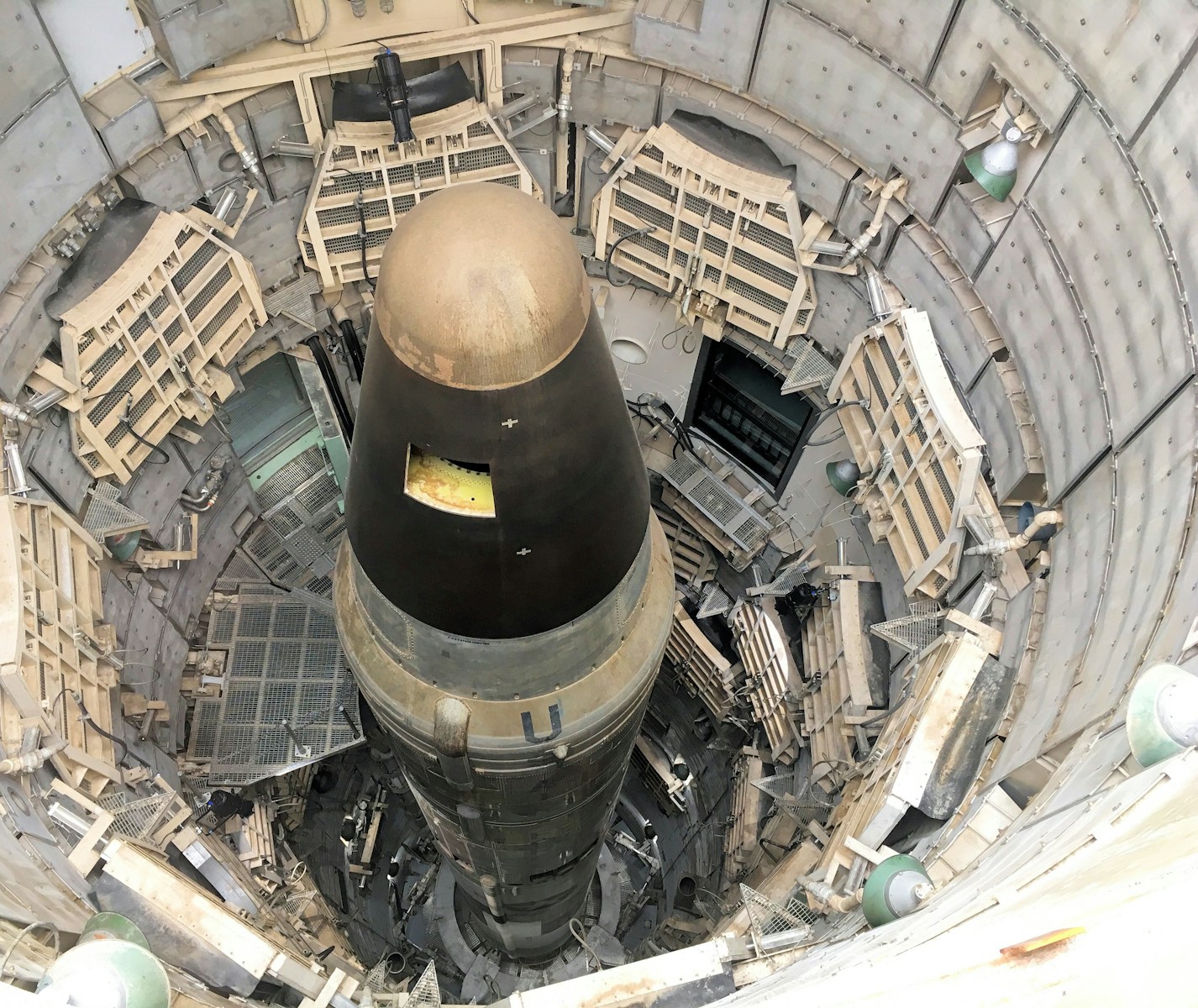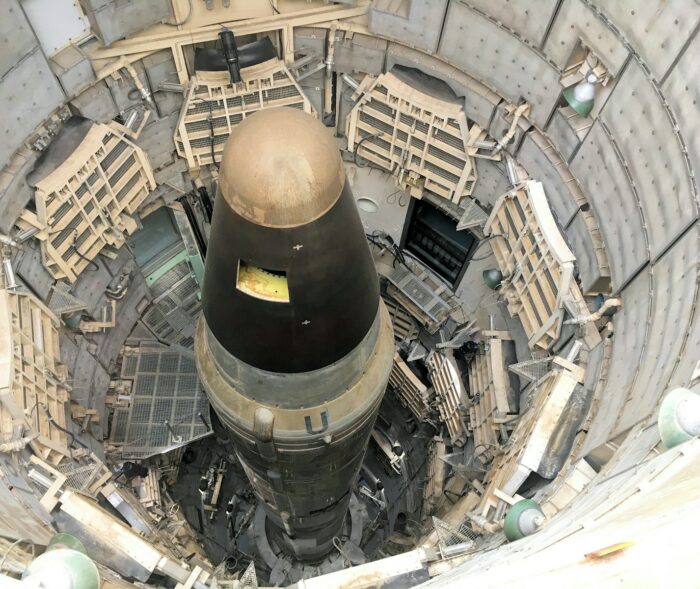Insider Brief
- A study revealed that precise control of six key manufacturing parameters significantly impacts the mechanical properties and reliability of solid rocket propellants.
- The Chinese researchers, who used a neural network accurately predicted propellant performance, suggest the study could offer insights into improving production processes,
- The study underscores the need for precise control of manufacturing processes to improve the reliability of solid rocket motors in aerospace and defense applications.
A new study by Chinese rocket scientists reveals aging solid fuel in intercontinental ballistic missiles (ICBMs) could be responsible for recent launch failures in some nuclear powers, with implications for global defense systems. The team added that routine tests may actually not uncover the instability of aged propellants.
The research, conducted at the National Key Laboratory of Solid Rocket Propulsion in Xian, showed that while missile fuel may appear stable during routine storage, significant degradation can occur in as little as 30 years, far sooner than the previously estimated 160-year stability under normal conditions. The findings, published in the Chinese Journal of Propulsion Technology on November 25, suggest aging fuel becomes brittle under the high pressures of flight, increasing the risk of failure.
“This could be one of the fundamental reasons for the frequent ignition and test launch failures in recent years,” wrote the study team, led by senior engineer Qin Pengju, according to the South China Morning Post.
The study analyzed 130 sets of manufacturing process data, focused on the effects of factors like curing parameters, mixing time and temperature, vulcanization time, relative humidity and mixing pressure. These parameters were found to have a major impact on the strength and flexibility of the propellant at room temperature.
Using a BP (Back Propagation) neural network, the research team was able to predict the mechanical properties of the propellant with high accuracy. The model achieved an average error rate of just 4.08% for tensile strength predictions and 3.54% for elongation predictions, demonstrating its potential for optimizing quality control in propellant manufacturing.
Precise Control
The findings highlight the importance of precise control over production variables to ensure the reliability and performance of solid rocket motors, a critical component of aerospace and defense systems.
The SCMP reported that recent incidents highlight the urgency of the issue. In November 2023, a Minuteman III missile, part of the United States’ nuclear arsenal, self-destructed after encountering anomalies during flight. Just months later, a Trident II missile launched from a British Royal Navy submarine suffered a similar fate. Both missiles, key to the nuclear deterrents of the U.S. and its allies, have decades of service history.
The Minuteman III missiles, produced by Boeing in the 1970s, and the Trident II, operational since the 1990s, rely on solid fuel propellants. Solid fuel is preferred for its stability and ease of storage compared to liquid fuel, which requires constant maintenance. However, this research may have uncovered previously unrecognized vulnerabilities in solid propellants as they age.
Aged Propellant Appears Stable
Missile fuel, primarily composed of ammonium perchlorate, aluminum powder and a synthetic rubber binder called HTPB (hydroxyl-terminated polybutadiene), is designed to burn rapidly and produce thrust, according to the newspaper. The Chinese researchers simulated decades of aging by exposing the fuel to high temperatures for up to a year. Their analysis found that, although aged propellant appeared stable in routine tests, it became far more brittle under the stress of high-pressure conditions similar to those encountered during a missile launch.
According to the scientists, this brittleness compromises the structural integrity of the fuel columns, which must remain intact under intense mechanical loads. A breakdown in the fuel’s physical properties can lead to irregular combustion, potentially causing a launch failure.
The study’s findings could influence how nations maintain and test their nuclear arsenals, according to SCMP. With over 400 Minuteman III missiles still in service, the U.S. relies on periodic testing to ensure readiness. However, as solid-fuel missiles age, the current testing protocols may not adequately account for these subtle but critical changes in fuel performance.
Share this article:









